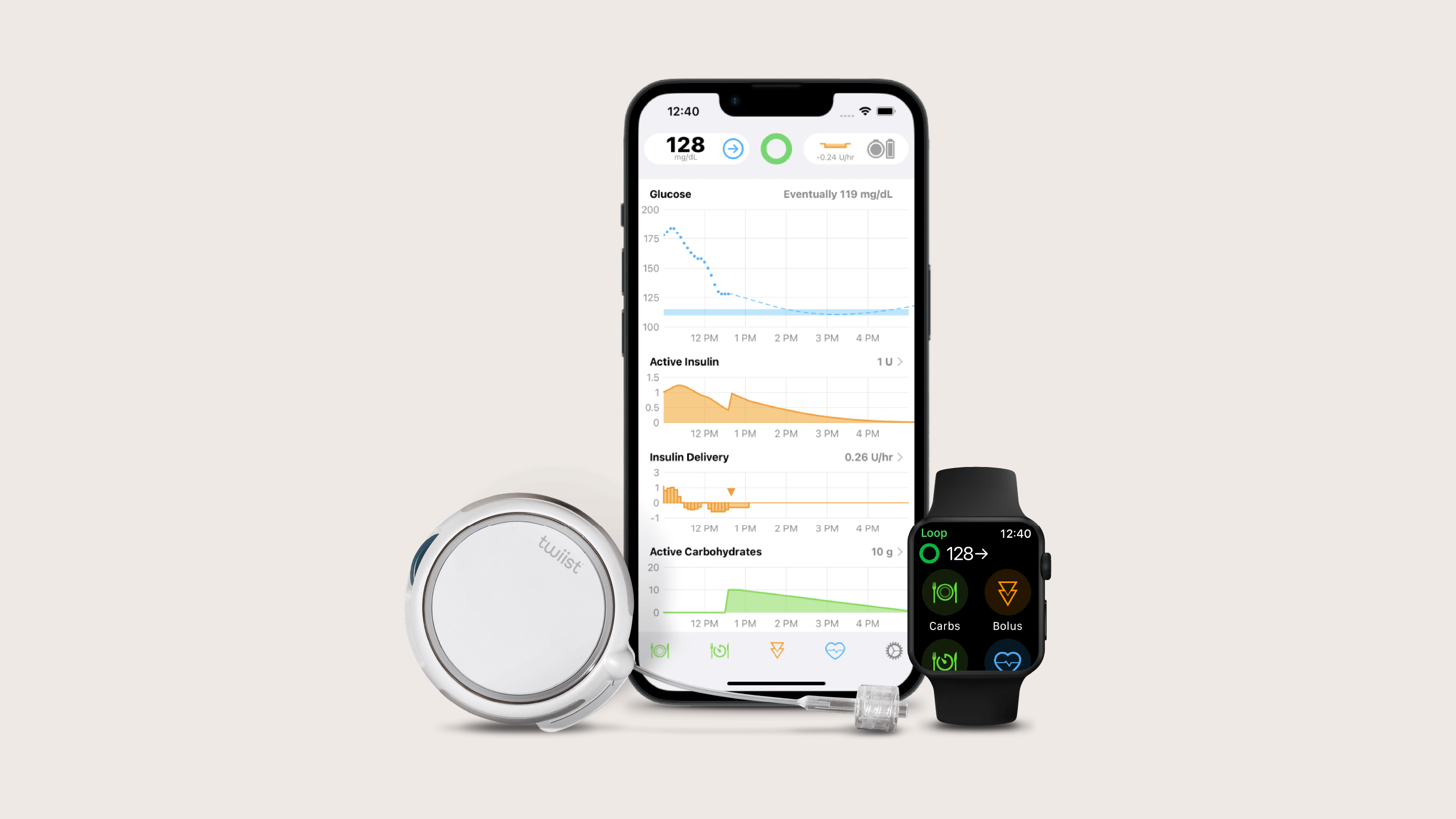2025 ADA Standards of Care: New Recommendations for Early Detection of Type 1 Diabetes and CGM Access Expansion
Written by: Daniel Trecroci
3 minute read
January 7, 2025
Every year, the American Diabetes Association (ADA) releases its Standards of Care in Diabetes — the GPS for navigating the ever-evolving world of diabetes management.
The 2025 edition showcases many advancements in care and we want to highlight two key recommendations:
- Autoantibody testing to assess the risk of type 1 diabetes.
- Continuous glucose monitors (CGMs) access expansion.
Let’s dig into these updates!
What Is Autoantibody Testing for Type 1 Diabetes?
Autoantibody testing checks for markers in the blood that show someone may develop type 1 diabetes. Here’s why it matters:
- Type 1 diabetes happens when the body’s immune system attacks its own insulin-producing cells. This can lead to dangerously high blood sugar levels if not caught early.
- Family history isn’t everything. While having a family member with type 1 increases risk, 90% of cases happen in people with no family history.
- Screening helps prevent emergencies. Too often, type 1 diabetes is diagnosed only after a life-threatening event called diabetic ketoacidosis (DKA). Testing for autoantibodies can help catch it sooner.
New Recommendations in the 2025 Standards of Care:
- A recommendation was added to emphasize the importance of antibody-based screening for presymptomatic type 1 diabetes in individuals with a family history of type 1 diabetes or otherwise known elevated genetic risk.
What Do the Studies Show?
- Kids with two or more autoantibodies have a high chance of developing type 1 diabetes within 10–15 years.
- In one study, 21% of kids with at least one autoantibody at age 3 developed type 1 diabetes.
Why Test Early?
- Early detection = better outcomes. Knowing the risk means families can watch for symptoms and avoid serious complications.
- Screening is becoming more common worldwide. Programs in Europe, Australia, and the U.S. offer testing for kids and family members of people with type 1 diabetes. Check out resources like:
What Are CGMs, and Who Should Use Them?
CGMs (continuous glucose monitors) track glucose levels throughout the day and night without the need for finger pricks.
The ADA recommends the expanded use of CGMs.
What’s New for 2025?
- Recommendations were modified to support the use of real-time CGM (rtCGM) and intermittently scanned CGM (isCGM) for youth and adults with diabetes (type 1 or type 2) on any type of insulin therapy based on the most recent literature.
- Recommendations were added to consider the use of rtCGM or isCGM in adults with type 2 diabetes on glucose lowering agents other than insulin to achieve and maintain individualized glycemic goals.
Why Try a CGM?
- Improved glucose: Research shows CGMs help lower average blood sugar (A1C) and keep levels more stable. Even short-term use of CGMs can lead to better management and satisfaction.
- Improved habits: Short-term CGM use encourages checking blood sugar more often and making healthier choices.
- Increased flexibility: CGMs can be tailored to fit your lifestyle and preferences.
Wrapping It All Up
- Autoantibody testing can identify type 1 diabetes early, giving families a chance to prepare and prevent emergencies.
- CGMs are a game-changer for all people living with diabetes, offering an easier way to manage blood sugar and feel more in control.
Resources
- Discover the importance of autoantibody testing for type 1 diabetes and how it can impact early diagnosis.
- Learn about screening children for type 1 diabetes autoantibodies and explore health insurance coverage and costs.
- Find out what to do if you test positive for diabetes autoantibodies.
- Also, consider the cost of not knowing that you might be at risk for type 1 diabetes.

Author
Daniel Trecroci
Dan has written about diabetes for more than 20 years. He was one of Diabetes Health's first hires, and throughout his 10 + years as Managing Editor he wrote/published thousands of articles and helped establish Diabetes Health as the premiere resource for people with diabetes. He later became the Content Manager for OneTouchGold—Johnson & Johnson/LifeScan’s official digital publication for its metering-technology customers. Under his leadership, OneTouchGold received the Web Marketing Association’s award for “Best Health & Wellness" web site. Dan has also written for the Diabetes Research Institute, dLife, diaTribe, Healthline, CareDx, Pendulum Therapeutics, and Hero Bread.
Related Resources

Continuous glucose monitors (CGMs) have revolutionized how diabetes is managed, making life easier and healthier...
Read more

Have you ever left your continuous glucose monitor (CGM) supplies at home while staying with...
Read more

There are a lot of benefits to seeing and using your diabetes data on platforms,...
Read more

